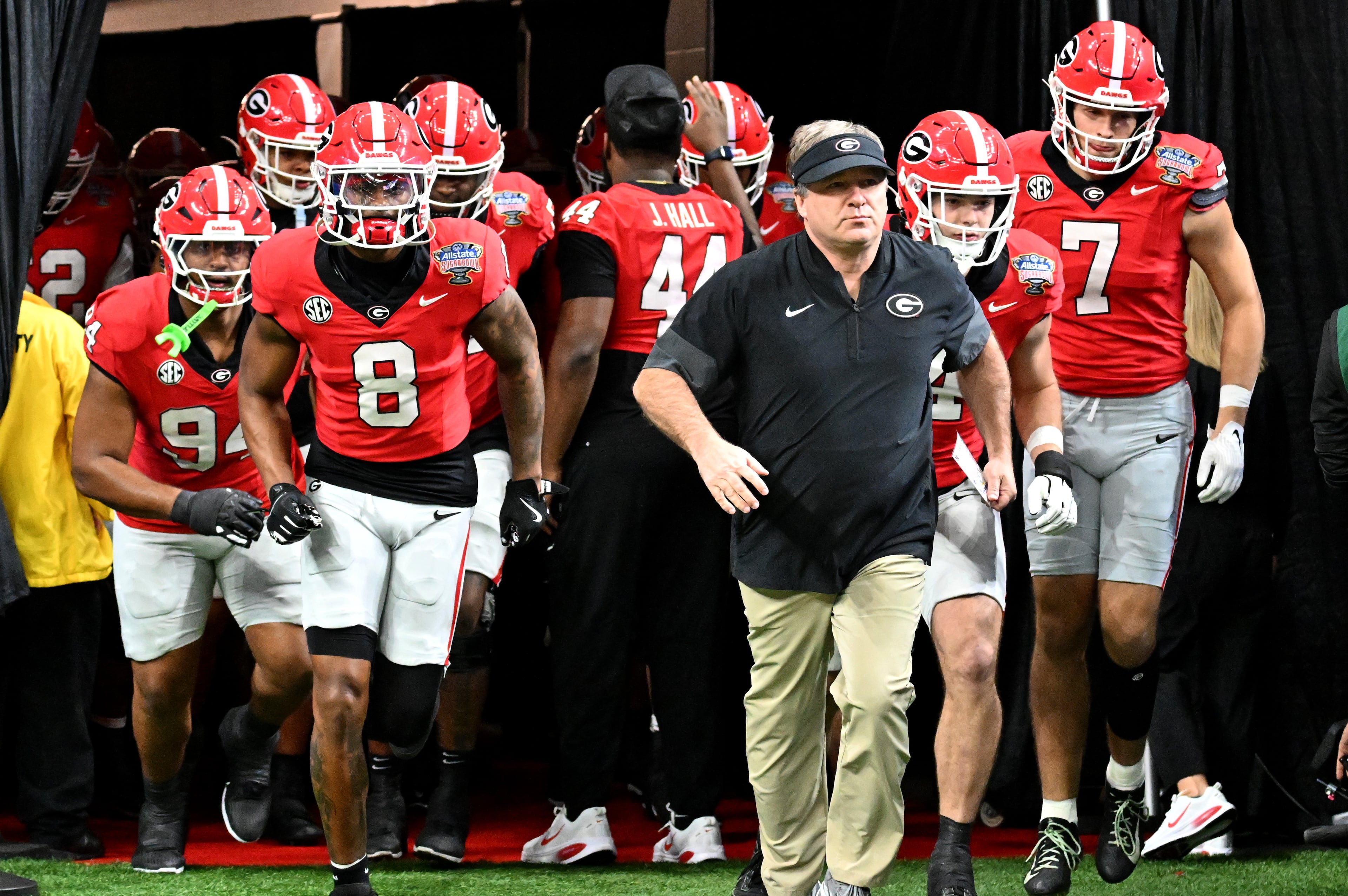Georgia State University programs get students engaged in school

Michael Sanseviro is a big-picture sort of person. In his role as vice president of student engagement at Georgia State University, his job is to look beyond students’ four or five years in college and into their futures.
“The college experience is absolutely about getting an education, but it’s so much more than that,” he said. “It’s preparing you for a career and everything you do the rest of your life. We have this brief moment in time to make an impact on students’ lives, and the more we can get them engaged, the better we can prepare them to be their best selves for the rest of their lives.”
Building a network of peers and mentor, and expanding horizons beyond comfort zones are key components to preparing students for life after university. Getting them engaged in activities, programs and support services to achieve those goals is a big part of Sanseviro’s job, which consists of overseeing more than 500 entities, including counseling and health centers, disability services, a food pantry and student organizations that serve more than 50,000 students. Through online and in-person orientation programs, students can plug into those resources well before classes kick off Aug. 28.
“Our pre-orientation is a mini-course online,” Sanseviro said. “It’s customized based on who you are: a transfer student, a graduate student and so on. It covers things like crafting your college journey, financial aid and what you can do from Day One to get engaged.”
Once students finish that component, they sign up for in-person orientations offered every week throughout the summer. The combination has successfully grabbed students’ interest, Sanseviro said.
“It’s connecting students to others with similar pathways or peers with the same types of profiles, so students are immediately forming a support network,” he said.
Students also receive messages throughout the summer of programs and activities that might appeal to them. Sanseviro and his team can pull data from student applications about what clubs and organizations they joined in high school and make suggestions. Once school begins, students can mark their engagement progress on a cellphone app that gives officials a sense of how well they’re doing both in and out of the classroom.
“We can see how much time they’ve spent on the academic platform as well as their living patterns — when they’ve been to the dining halls or the rec center,” he said. “Tracking this data helps us see if a student is struggling. For instance, if they don’t attend anything the first semester, we’ll know, and we also know those students are more likely to drop out, while students who are engaged tend to keep their GPAs above a 3.0.”
GSU has also teamed with parents to get kids involved. “Every morning, a blast goes out with highlights of the week, success tips, how to stay engaged,” he said. “It also gets posted to the families, so it gives a way for mom to say, ‘Hey, there’s a cool study group on Wednesday or a concert on Thursday.’”
Since GSU began tracking this data in 2018, Sanseviro said the engagement levels have increased significantly.
“The first couple years, we were lucky to reach 5,000 or 6,000 students, but this last year, we hit 24,000,” he said. “We’ve seen great success with this. I’ve talked to colleagues around the country, and I don’t think anyone else is doing it as we are.”
Information about Georgia State is online at gsu.edu.
SEND U.S. YOUR STORIES. Each week we look at programs, projects and successful endeavors at area schools, from pre-K to graduate school. To suggest a story, contact H.M. Cauley at hm_cauley@yahoo.com or 770-744-3042.


